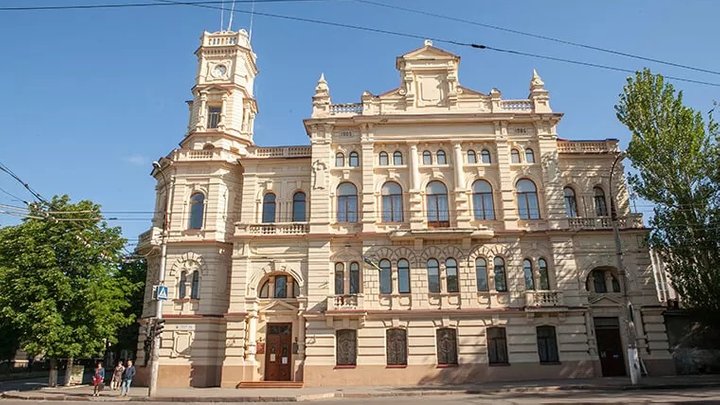In October 2022, nearly two weeks before the Ukrainian Army liberated Kherson, Russian soldiers parked several school buses next to the Regional Art Museum named after Oleksii Shovkunenko.
Over four days, the invaders loaded their vehicles with over 10,000 unique exhibits looted from the museum and transported them to occupied Crimea.
While Russia claims its troops remove Ukrainian museum collections to "ensure their safety," the Kherson museum staff and attorneys believe the Kremlin is attempting to undermine Ukrainian identity by destroying and stealing significant historical and cultural heritage.
Currently, Ukraine law enforcement agencies have opened criminal investigations into the looting of the Kherson Art Museum to bring Russia to justice and return stolen art pieces.
Russia looted the museum’s rich collection with the help of collaborators
The head of the Kherson Art Museum, Alina Dotsenko, told in an interview with Ukrainska Pravda that before the seizure of the region, the art collection of the museum included valuable icons from the 17th and 20th centuries, extraordinary Italian sculptures from the 18th century, masterpieces of August von Bayer and Anglo-Dutch master Sir Peter Lely.
Part of the paintings was insured and added to the official register of the national Ukrainian heritage list.
Dotsenko said she had compiled the museum collection for 45 years.
The collection was one of Ukraine’s richest. It included nearly 14,000 exhibits from the XVII to the early XXI centuries: icons, paintings, and sculptures, including the world’s largest collection of works by Oleksii Shovkunenko -- more than 150 works, paintings by Tetiana Yablonska, Mykola Hlushchenko, Zinaida Serebriakova, Peter Lely, August von Bayer, Ivan Aivazovsky, Mykhailo Vrubel, which no other museum in Ukraine has.
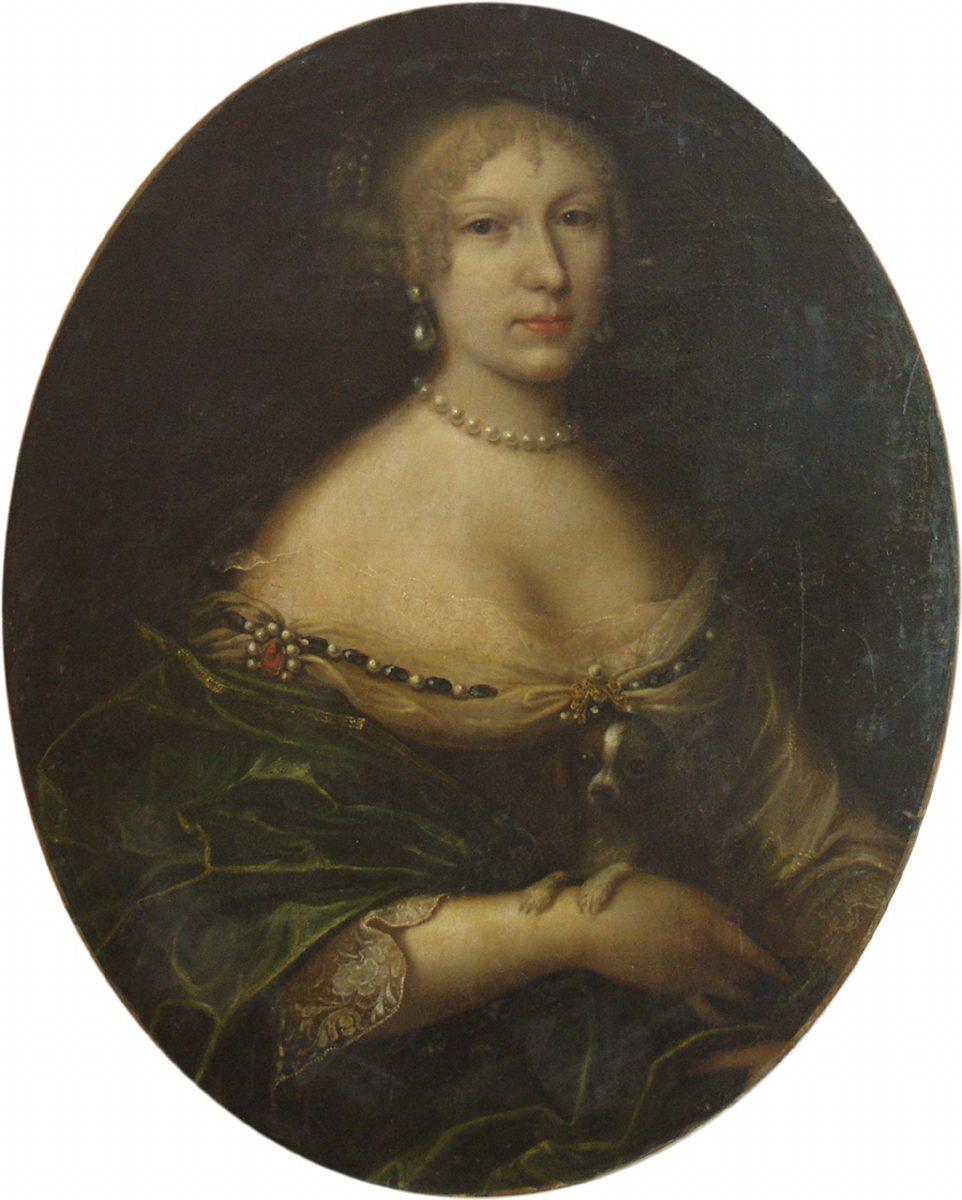
Russian soldiers found the art pieces packed in the museum’s storage rooms because before the war the building was about to undergo restoration. Despite the fact that the staff actually had prepared the paintings for evacuation before the hostilities, Ukrainian cultural institutions ignored the potential threat and didn’t organize transportation. When the Russian Army invaded the region, it was too dangerous to move the artworks due to incessant shelling.
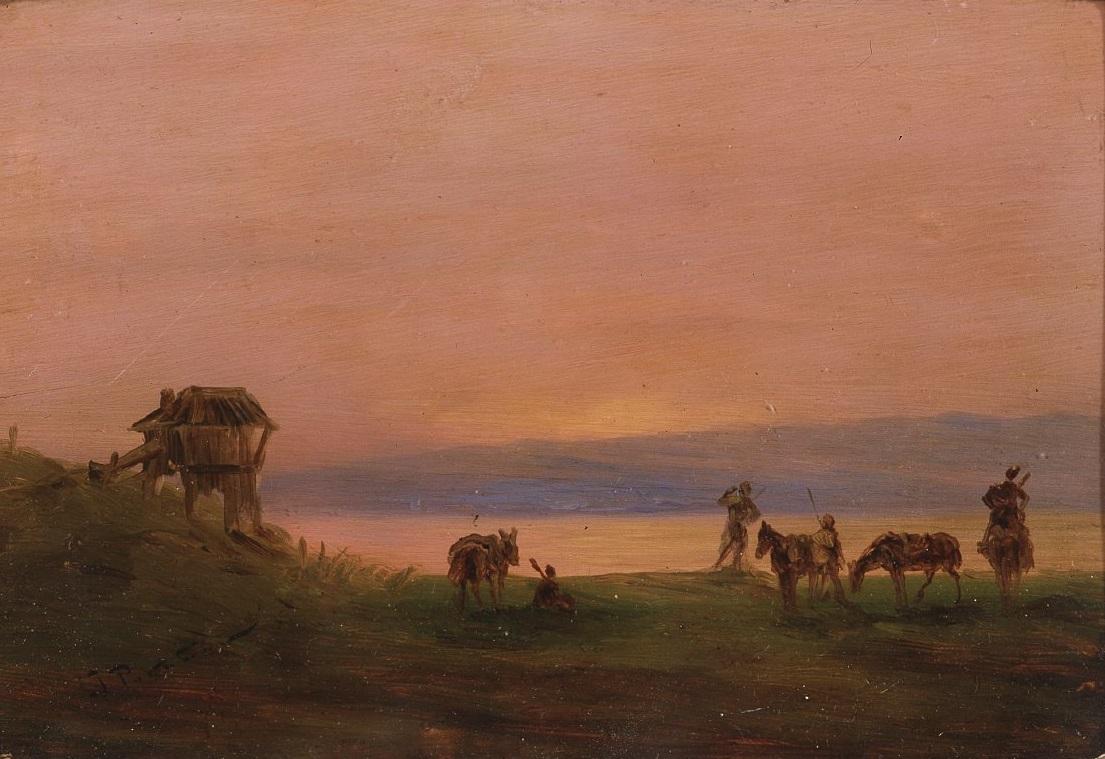
On 5 May, Alina Dotsenko managed to escape from Kherson Oblast. The museum held up under Russian occupation, but nearly half a year later, Russian collaborators from the museum’s staff helped invaders to carry out a mass looting of the paintings. They assisted Russian soldiers in identifying the most valuable items and loading them into the buses. Later, many of the stolen paintings were detected in the Central Museum of Tavrida in Simferopol in occupied Crimea, as photos of them in the museum were leaked to social media.
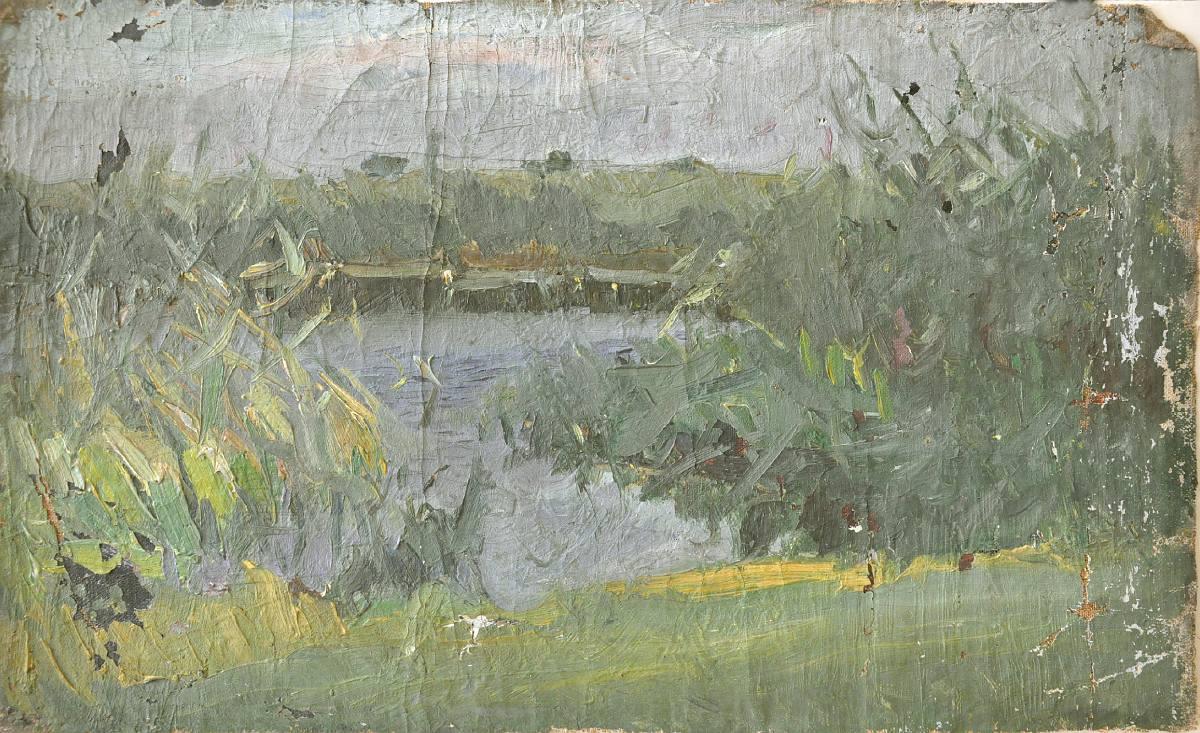
Why does Russia steal Ukrainian cultural property?
Russia claims its army seized the artworks from Kherson to protect them from destruction during heavy combat. According to Russians, “transportation” was conducted within the jurisdiction of the international Hague Convention.
“The 1954 Hague Convention aims to protect cultural property, such as monuments of architecture, art or history, archaeological sites works of art, manuscripts, books, other objects of artistic, historical, or archaeological interest, as well as scientific collections of any kind regardless of their origin or ownership,” UNESCO explains.
Despite assurances of safety, the actions of the Russian Army speak louder than words. The theft of valuable items from the Shovkunenko museum is a drop in the ocean of widespread Russian looting and missile attacks on cultural institutions.
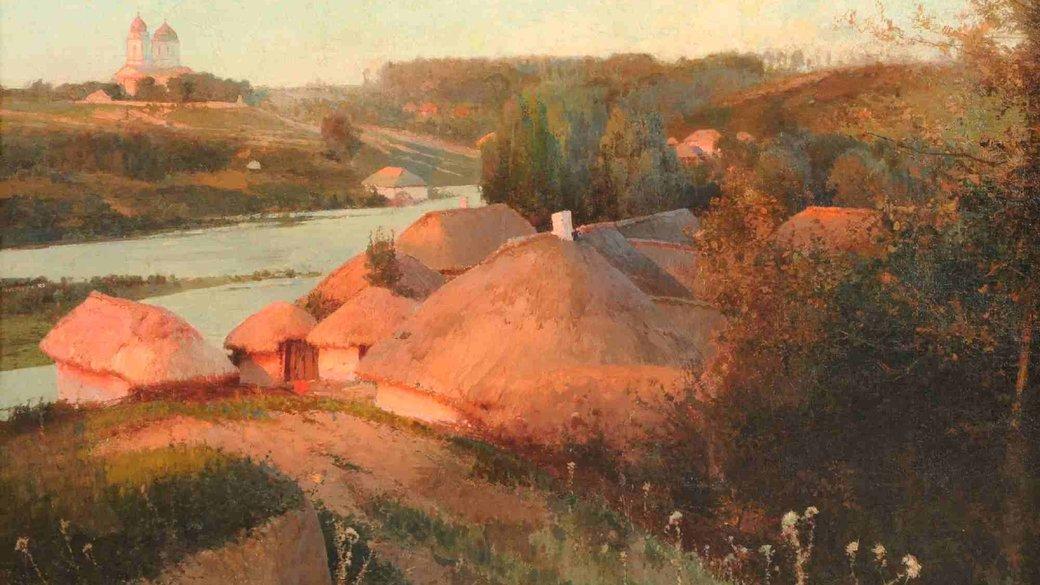
Russia’s most notorious crimes against Ukrainian art and heritage include looting ancient Scythian gold from Melitopol museum in Zaporizhzhia Oblast, striking the art museum in Mariupol named after 20th-century artist Arkhip Kuindzhi and stealing a handwritten Torah scroll, paintings by Ivan Aivazovsky, and 19th-century Orthodox icons from there, and destroying the art of Ukrainian folk artist Maria Prymachenko in the village of Ivankiv in Kyiv Oblast.
According to the official “Save Ukrainian culture” project, over 400 cultural objects and monuments have been damaged by military aggression. Many of them remain in danger due to persistent Russian bombardments.
At the very least, these facts demonstrate that Russian President Vladimir Putin is unconcerned about culture. More evidence exists, however, of Russian efforts to destroy Ukrainian identity and conceal war crimes against cultural heritage under the guise of a “rescue.”
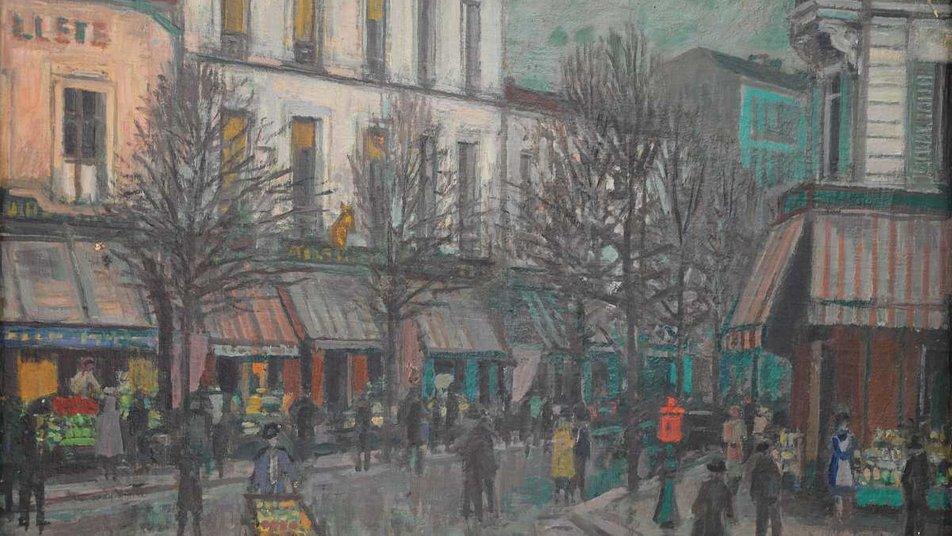
Also, according to international law Russian troops should have brought them into Russia, not to the occupied peninsula, and were required to leave special documents in Ukraine -- lists of the evacuated items before the transportation. There were no such lists in the case of the Kherson museum.
Andrii Malgin, head of the Central Museum of Tavrida, in an interview for Krym.Realii confirmed that Russian troops removed the exhibits from Kherson to Simferopol.
According to him, the Tavrida Museum was asked to keep the art by "the leadership." The request was made from the Russian side as the administration of the Kherson Art Museum did not appeal to Crimea to evacuate art pieces. Malgin also called the storage of 10,000 looted art pieces a gesture of "goodwill."
"We were aware that the fighting in Kherson could start any moment. I believe that attempts to save these paintings are justified," he said.
"These paintings aren't ours - we clearly understand that. We don't have intentions to declare that they will remain with us or that we will exhibit them in the future. We only keep them,” Malgin added.
The head of the Simferopol museum also claimed he was ready to return the exhibits to the Kherson Art Museum after official authorization.
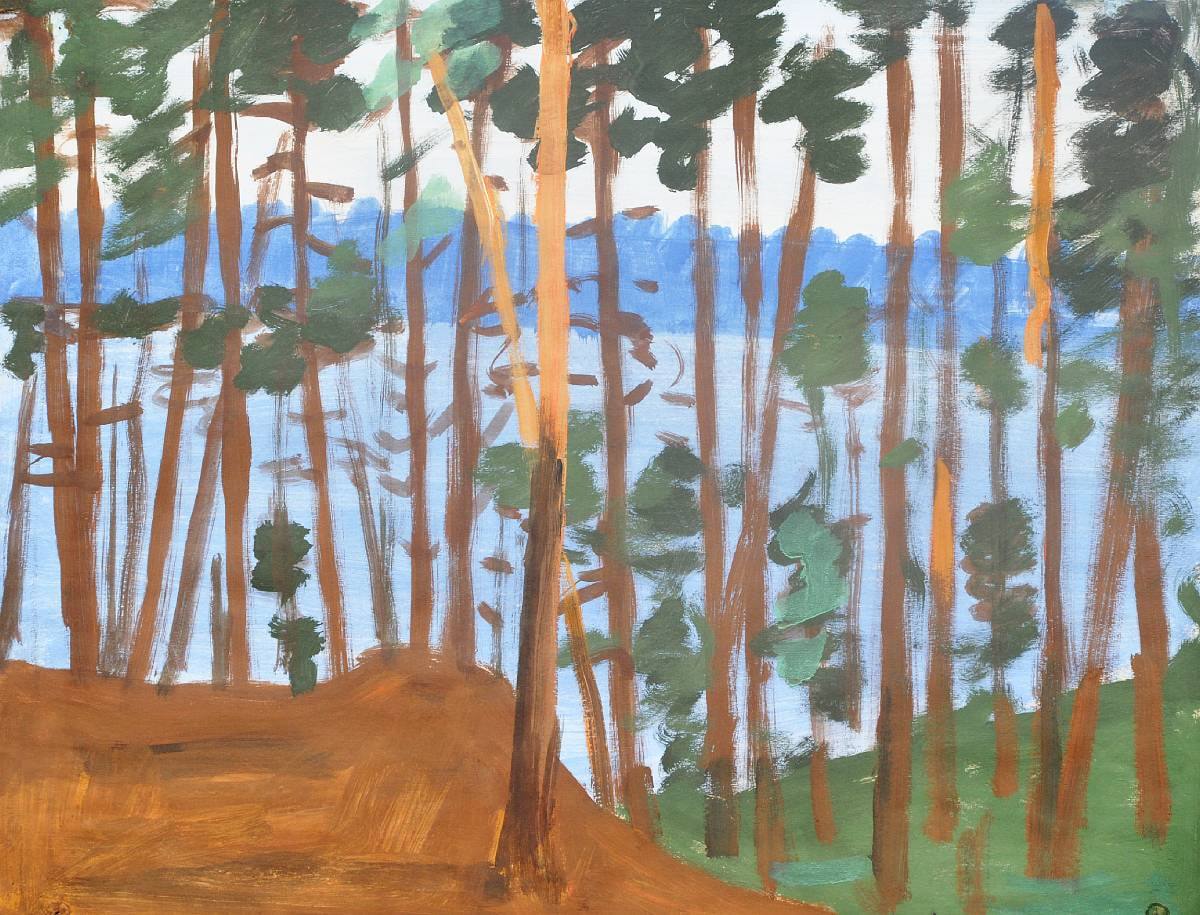
Today, only the Russian leadership can decide how and when to transfer the art back to Kherson.
In addition, Vitaliy Titych, an attorney for the art museum, has evidence that Russian soldiers, including FSB officers, stole paintings and artifacts from Kherson while moving them to Crimea, he told in a conversation with Euromaidan Press.
Ivan Ustenko, a senior investigator of the Security Service of Ukraine, claims Russia had planned the looting of the Kherson museum before the Ukrainian counteroffensive and potential battles. The purpose of the theft was to take away objects of national significance and destroy Ukrainian identity step by step.
Russian troops violated at least three conventions that protect cultural objects during wars, Ustenko said:
- the 1970 Convention on the Means of Prohibiting and Preventing the Illicit Import, Export, and Transfer of Ownership of Cultural Property
- the 1972 Convention Concerning the Protection of the World Cultural and Natural Heritage
- UNIDROIT Convention on stolen on illegally exported cultural objects.
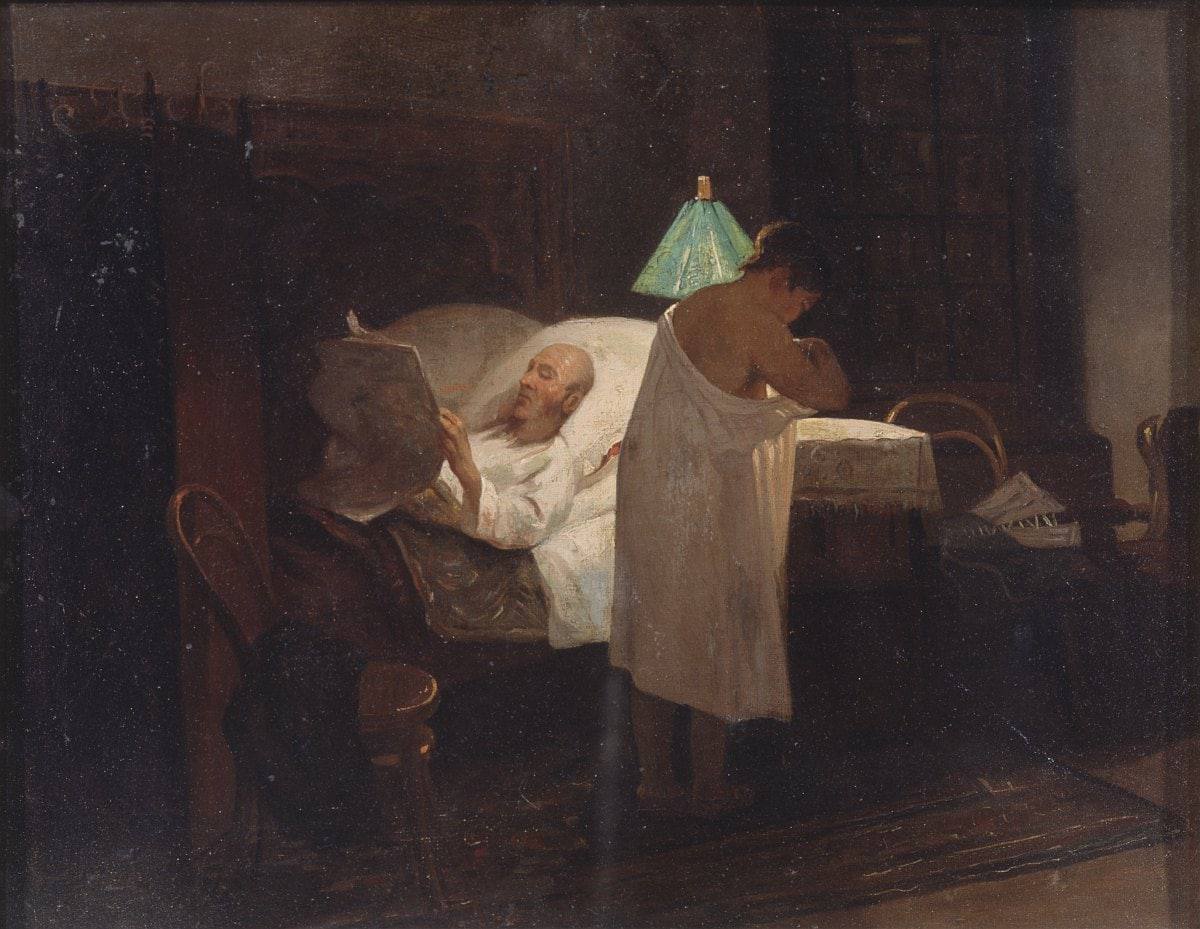
How to hold Russia accountable for crimes against art in Ukraine?
Alina Dotsenko believes that the Ukrainian President's Office and parliament should establish a special initiative group to return stolen pieces of art. The head of Kherson’s museum constantly communicates with the state Department of Culture to promote her idea.
Ukraine’s Ministry of Culture also tries to draw attention to the Russian looting. The institution prepares a call to the international community and organizations to stop cooperation with Russian museums, Babel wrote.
In 2022, Ukraine appealed to the United Nations with a proposition to suspend Russian membership in UNESCO due to its illegal actions toward cultural property. However, the UN declined the proposal and said that the exclusion of Russia could be decided only when the United Nations Security Council would expel the aggressor country from the entire UN system.
Meanwhile, Vitaliy Titych, an attorney for Kherson Art Museum opposes the exclusion of Russia from international organizations. If Russia stays a member of top human security institutions, Ukraine has a chance to launch criminal proceedings for violations of the laws and investigate them based on the particular jurisdiction.
Ukraine now intends to establish a tribunal to punish Russia for its invasion and crimes against civilians and culture, the attorney says.
"Following the outbreak of the war, it became evident that the entire international justice system was ineffective. That is why the world requires novel mechanisms," Mr. Titych said.
Currently, the Security Service of Ukraine is investigating the destruction of cultural property and violation of the laws or customs of war in Kherson. In a potential partnership with the OSCE, Ukrainian law enforcement agencies would work to hold Russia accountable for its crimes.
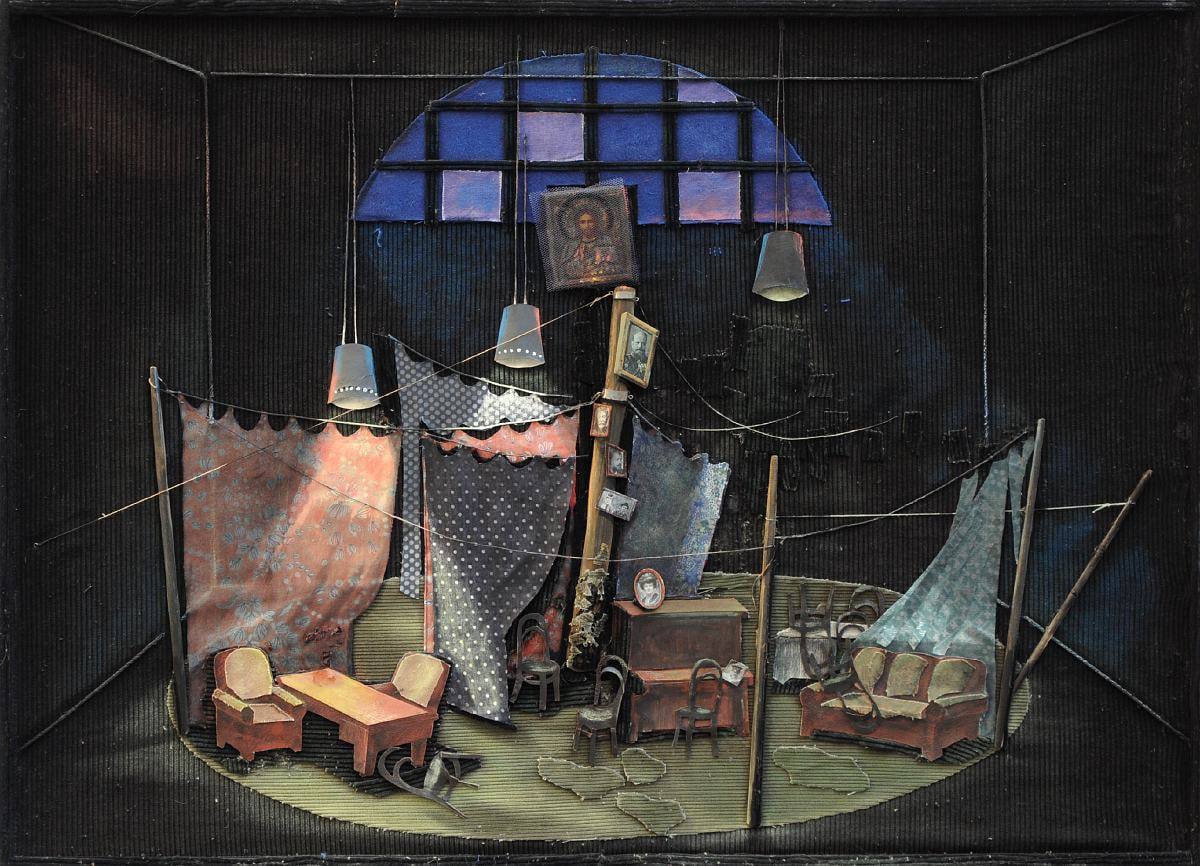
After Ukraine wins, its stolen cultural property may be returned through restitution, said Iryna Prokopenko, the head of the Ukrainian State Institute of Cultural Heritage of the Ministry of Culture and Information Policy.
Overall, restitution is the main way to compensate for the damage caused to cultural heritage and cultural property during the war. Restitution is, first and foremost, returning cultural property to the rightful owner or transferring objects of similar value and value in their stead.
However, restitution is applied only after the cessation of hostilities and is a form of international responsibility of the aggressor and occupying power.
In practice, restitution is conducted through specific agreements between states after a war, or after a court or arbitration decision. Norms of restitution apply to all museums; cultural property stolen by the Russian occupiers from private collections is subject to return, as well.
Nevertheless, restitution is a legal process and requires meticulous documentation and proof of ownership of the exhibits. This is complicated by the fact that Ukraine lacked a single digital national register of its museum fund.
In Ms. Prokopenko’s opinion, under the restitution mechanism, Russia should return to Ukraine the cultural property stolen from the Kherson museums, replace the destroyed items with equivalent ones, and reimburse the cost of repairing the destroyed museum premises or build new ones.
The attorney for Kherson Art Museum Titych goes even further and says that Russia must return all the cultural values stolen from Ukraine during the Soviet era and since 2014. The UN, UNESCO, and other international organizations may be in charge of creating the mechanism.
"World museums are filled with artifacts from India and Egypt. Negotiations between governments have been going on for years to get them back. Ukraine should stand for setting up registers of transferred objects of cultural heritage and prove its ownership of each item. It’s all in our hands," Mr. Titych stated.
Take a look at the unique paintings Russia looted from the Kherson Art Museum
Preventing the illegal sale of looted Ukrainian culture on world auctions
One of Ukraine’s largest fears is that art stolen by Russian invaders will end up in private collections after which extracting it becomes even more problematic. So, currently, Ukrainian investigators, lawyers, and art historians are collecting the evidence that can bring Russia to justice. They are compiling thorough lists of missing items, researching museum records, and trying to identify potential witnesses, including collaborators.
Ukraine also cooperates with international organizations in case the stolen items end up at international exhibitions and auctions. One of them is The Art Loss Register, a leading organization that has the world's largest database of stolen artworks and monitors the art market for them.
"Everyone in the art market is on the alert. Every auction house that sees art from Ukraine will start asking a lot of questions. Our organization has already registered more than 2,000 items from Ukraine that have been stolen, including avant-garde paintings from the Kherson Art Museum and Scythian gold from Melitopol," James Ratcliffe, chief advisor to The Art Loss Register, said in an interview with Zaborona.
Related:
- Take a look at the unique paintings Russia looted from the Kherson Art Museum
- Making Russia answer for destroying cultural heritage in Ukraine
- We have a dream: why the world needs a Special Tribunal for the Crime of Aggression against Ukraine
- How Ukraine is preparing a Tribunal for Putin

